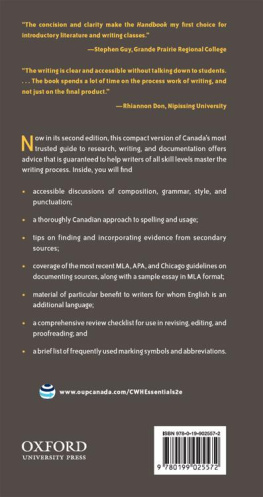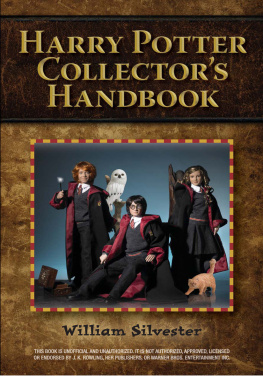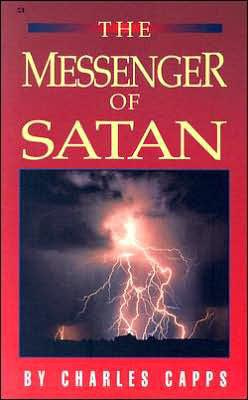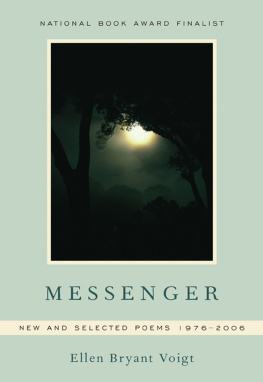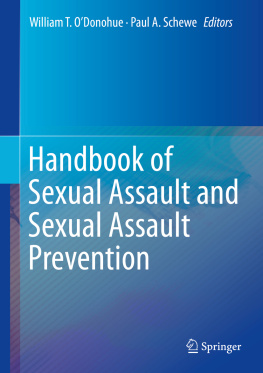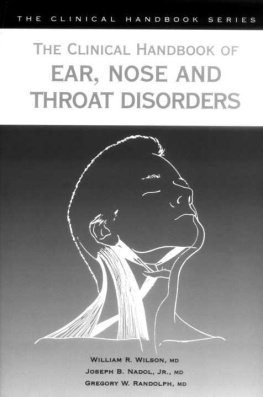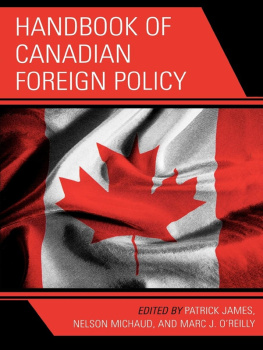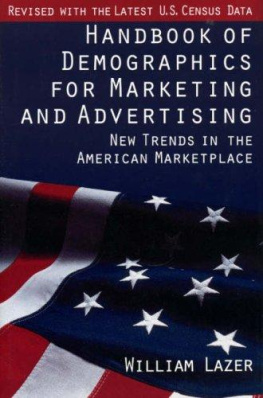William E. Messenger - The Canadian Writer’s Handbook
Here you can read online William E. Messenger - The Canadian Writer’s Handbook full text of the book (entire story) in english for free. Download pdf and epub, get meaning, cover and reviews about this ebook. year: 2017, publisher: Oxford University Press, genre: Home and family. Description of the work, (preface) as well as reviews are available. Best literature library LitArk.com created for fans of good reading and offers a wide selection of genres:
Romance novel
Science fiction
Adventure
Detective
Science
History
Home and family
Prose
Art
Politics
Computer
Non-fiction
Religion
Business
Children
Humor
Choose a favorite category and find really read worthwhile books. Enjoy immersion in the world of imagination, feel the emotions of the characters or learn something new for yourself, make an fascinating discovery.
- Book:The Canadian Writer’s Handbook
- Author:
- Publisher:Oxford University Press
- Genre:
- Year:2017
- Rating:5 / 5
- Favourites:Add to favourites
- Your mark:
- 100
- 1
- 2
- 3
- 4
- 5
The Canadian Writer’s Handbook: summary, description and annotation
We offer to read an annotation, description, summary or preface (depends on what the author of the book "The Canadian Writer’s Handbook" wrote himself). If you haven't found the necessary information about the book — write in the comments, we will try to find it.
The Canadian Writer’s Handbook — read online for free the complete book (whole text) full work
Below is the text of the book, divided by pages. System saving the place of the last page read, allows you to conveniently read the book "The Canadian Writer’s Handbook" online for free, without having to search again every time where you left off. Put a bookmark, and you can go to the page where you finished reading at any time.
Font size:
Interval:
Bookmark:
The CANADIAN
Writers Handbook
The CANADIAN
Writers Handbook
Second Essentials Edition
William E.Messenger
Jan de Bruyn
Judy Brown
Ramona Monatagnes


Oxford University Press is a department of the University of Oxford.It furthers the Universitys objective of excellence in research, scholarship, and education by publishing worldwide. Oxford is a registered trade mark of Oxford University Press in the UK and in certain other countries.
Published in Canada by
Oxford University Press
8 Sampson Mews, Suite 204,
Don Mills, Ontario M3C 0H5 Canada
www.oupcanada.com
Copyright Oxford University Press Canada 2017
The moral rights of the authors have been asserted
Database right Oxford University Press (maker)
First Edition published in 2012
All rights reserved. No part of this publication may be reproduced, stored in a retrieval system, or transmitted, in any form or by any means, without the prior permission in writing of Oxford University Press, or as expressly permitted by law, by licence, or under terms agreed with the appropriate reprographics rights organization. Enquiries concerning reproduction outside the scope of the above should be sent to the Permissions Department at the address above or through the following url: www.oupcanada.com/permission/permission_request.php
Every effort has been made to determine and contact copyright holders. In the case of any omissions, the publisher will be pleased to make suitable acknowledgement in future editions.
Library and Archives Canada Cataloguing in Publication
Messenger, William E., 1931-2003, author The Canadian writers handbook / William E. Messenger, Jan de Bruyn, Judy Brown, and Ramona Montagnes. Second essentials edition.
Includes index. ISBN 978-0-19-902557-2 (spiral bound)
1. English languageComposition and exercises.
2. English languageGrammar. 3. Report writing.
I. De Bruyn, Jan, 1918, author II. Brown, Judy, 19542013, author III. Montagnes, Ramona, author IV. Title.
PE1408.M583 2017 808.042 C2016-907796-9
Cover graphics: iStock/ma_rish and iStock/Nadzeya_DzivakovaComposition: Laurie McGregor Composition: Laurie McGregor
Oxford University Press is committed to our environment. Wherever possible, our books are printed on paper which comes from responsible sources.
Printed and bound in the United States of America
1 2 3 4 20 19 18 17
Contents
Several sections throughout this handbook provide information of particular importance to students who are studying English as an additional language (EAL). The following list is a quick and convenient guide to those sections. Whether you are relatively new to writing in English or are more experienced and looking to master the finer points of the written language, these sections of the textin combination with a learners dictionarywill help you improve your writing skills. Note that the entries in this list correspond to the EAL symbols found through-out the text:  .
.
The second essentials edition of The Canadian Writers Handbook is designed to help you work on your writing skills. Improving written communication is an ongoingeven lifelongproject. Whether you are a long-time writer of English seeking to refine your abilities or a writer who is approaching English as an additional language, the suggestions, examples, and guidelines in this new edition will help you to write with greater confidence and communicate with greater clarity.
Overview
Each of the six parts in this book addresses an essential aspect of the writing process. Part I provides practical guidance on planning and composing two larger units of communication, the essay and the paragraph. We start here because we have found that students who are beginning a written assignment usually want help with the broad strokes of composition before they move on to consider the narrower concerns of sentence structure or word choice. In Part II and Part III, we explore the essentials of grammar and style, first by examining how sentences work, then by looking at how the parts of speech come together to form meaning. In Part IV we discuss the importance of punctuation, and in Part V we address issues of mechanics and spelling. Part VI offers valuable information on conducting research and citing sources in an essay. Appendix A provides a checklist that will help you revise, edit, and proofread your work, while Appendix B offers a sample research paper in MLA style.
How to Use This Handbook
We encourage you to use this handbook as a reference tool that you can consult on particular issues arising from everyday writing activities. We suggest that you begin by familiarizing yourself with it by seeing what each part has to offer. Browse through the table of contents and the index. Look up some sections that arouse your interest. Flip through the pages, pausing now and then for a closer look.
You may want to start at the beginning of Part I and proceed carefully through each section in sequence. Note that some points in later sections might not be clear to you unless you understand the material in the early sections. Or, if you are struggling with a particular problem, you may want to skip to the relevant section and then consult other sections as your needs change.
The book is subdivided into sections and subsections that are numbered consecutively throughout. Note how the running heads and the coloured tabs on each pagetogether with the part index that follows the acknowledgementscan help you find things quickly.
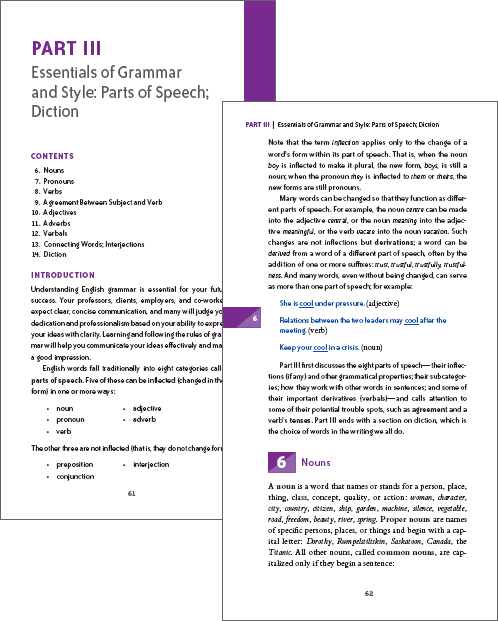
Help with Polishing Your Work
When you finish a piece of writing, go through the checklist in Appendix A. If you find youre not sure about something, follow the cross-references to the sections that will give you the help you need.
Help with Correcting and Revising Your Work
When you get a piece of writing back with marks and comments, look it over alongside the list of marking symbolsand abbreviations on this handbooks inside back cover. The information there may be enough to help you make the appropriate changes. But if you need more than a reminder about a specific issue or pattern, look up the relevant topic and study the sections that discuss and illustrate those principles in greater detail. You should then be able to edit and revise your work with understanding and confidence.
Key Terms
Throughout the text, you will find important terms set in boldface. Pay attention to these terms, for they make up the basic vocabulary necessary for the discussion of grammar, syntax, and style.
For Readers and Writers of English as an Additional Language
Our experience as university instructors has given us the opportunity to work with a number of writers engaged in the challenging project of reading and writing in English as an additional language (EAL). At several points in this handbook, we offer information and direction of particular importance to those of you who are approaching English as a relatively new language, and we have designated those relevant sections with the symbol  .
.
Font size:
Interval:
Bookmark:
Similar books «The Canadian Writer’s Handbook»
Look at similar books to The Canadian Writer’s Handbook. We have selected literature similar in name and meaning in the hope of providing readers with more options to find new, interesting, not yet read works.
Discussion, reviews of the book The Canadian Writer’s Handbook and just readers' own opinions. Leave your comments, write what you think about the work, its meaning or the main characters. Specify what exactly you liked and what you didn't like, and why you think so.

